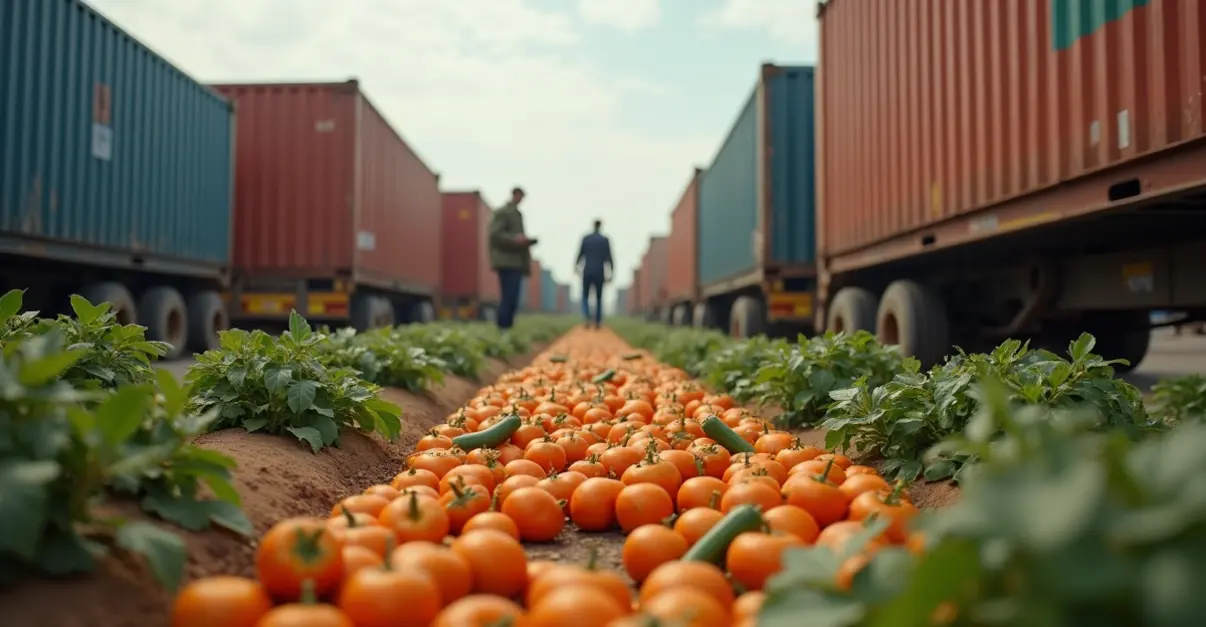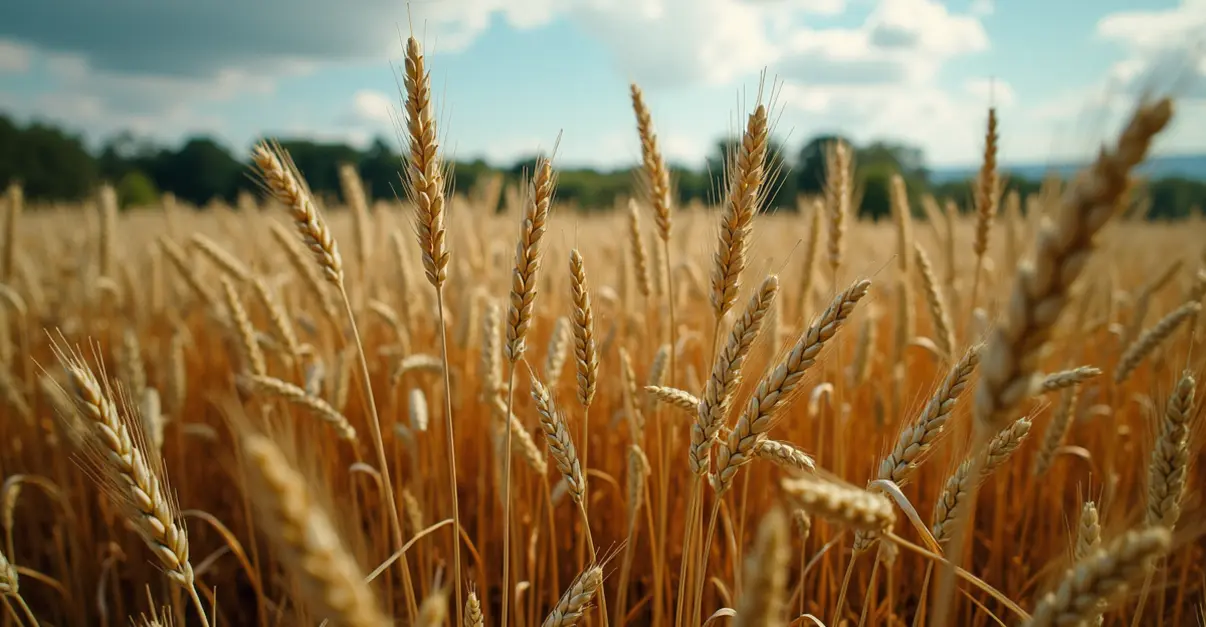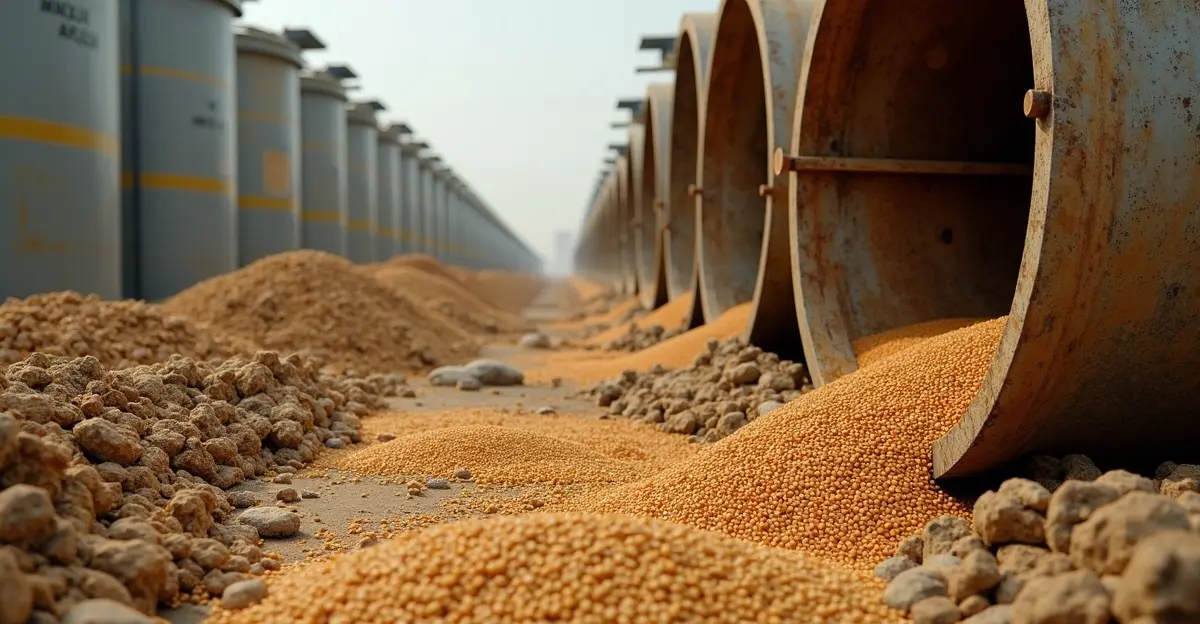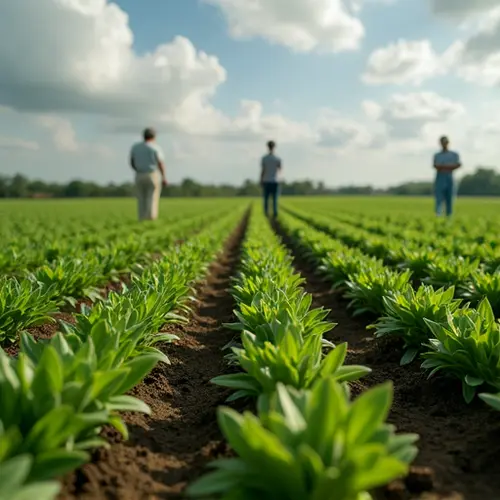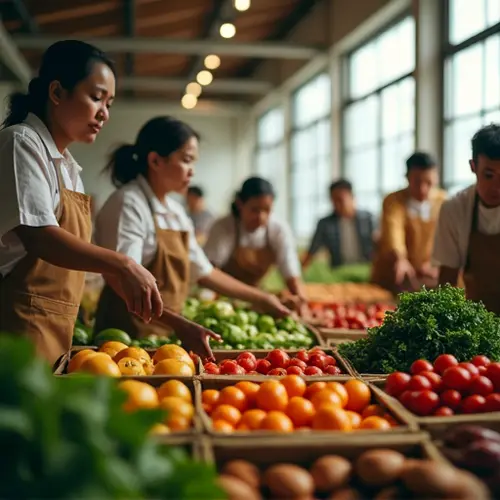Global Cooperation for Food Security
International trade ministers from major economies have reached groundbreaking agreements to strengthen global food supply chains through enhanced storage logistics and emergency release mechanisms. The meetings, held throughout 2025, represent a coordinated response to increasing climate disruptions, geopolitical tensions, and supply chain vulnerabilities that have threatened food security worldwide.
APEC Leads Regional Initiatives
The 2025 APEC Ministers Responsible for Trade Joint Statement adopted in Jeju, Republic of Korea established comprehensive frameworks for food security cooperation. Under Korea's theme "Building a Sustainable Tomorrow," ministers prioritized supply chain resilience as a cornerstone of regional stability. "The interconnected nature of our food systems means that disruptions anywhere affect everyone," stated Korean Trade Minister Inkyo Cheong during the proceedings.
Storage Infrastructure and Logistics Overhaul
The agreements include significant investments in modern storage facilities and transportation networks. Ministers committed to developing strategic food reserves with advanced monitoring systems to prevent spoilage and ensure rapid distribution during emergencies. The APEC 2025 Food Security Ministerial Meeting in Incheon specifically addressed the need for temperature-controlled storage and real-time inventory tracking across member economies.
Emergency Release Mechanisms
A key breakthrough involves establishing coordinated emergency release protocols that can be activated during food crises. These mechanisms allow for rapid deployment of strategic reserves when natural disasters, conflicts, or market failures threaten food availability. The system includes triggers based on price volatility, production shortfalls, and humanitarian needs. "We're creating a safety net that responds before crises become catastrophes," explained a senior official from the Australian delegation.
BRICS Expands Global Cooperation
Parallel developments emerged from the BRICS Joint Declaration on Food Security, where member countries representing over half the world's population established guidelines for 2025-2028. The declaration emphasizes strategic food reserves and price stabilization mechanisms, recognizing that BRICS nations account for 75% of global agricultural production.
Technology Integration
Ministers emphasized the role of digital technologies in enhancing supply chain transparency. Artificial intelligence, blockchain, and Internet of Things (IoT) applications will be deployed to monitor food stocks, predict shortages, and optimize distribution routes. The APEC Internet and Digital Economy Roadmap (AIDER) provides the framework for implementing these technological solutions across borders.
Addressing Climate Challenges
The agreements acknowledge the increasing impact of climate change on food production and distribution. Ministers committed to developing climate-resilient supply chains that can withstand extreme weather events, which have caused significant disruptions in recent years. "Climate adaptation is no longer optional for food security—it's essential," noted a representative from the Philippines, a nation frequently affected by typhoons and flooding.
Implementation Timeline
The storage and logistics improvements will be phased over the next three years, with emergency mechanisms becoming operational by late 2026. Regular ministerial reviews will assess progress and address emerging challenges. The World Trade Organization will monitor compliance and facilitate dispute resolution through established multilateral frameworks.
These coordinated efforts represent the most comprehensive international response to food supply chain vulnerabilities in decades. As global population continues to grow and climate pressures intensify, the success of these agreements will be crucial for maintaining food security and preventing hunger crises worldwide.

 Nederlands
Nederlands
 English
English
 Deutsch
Deutsch
 Français
Français
 Español
Español
 Português
Português
